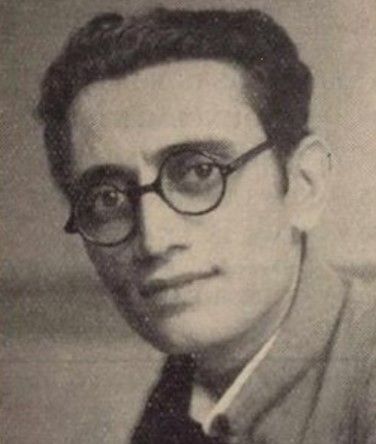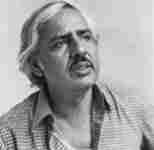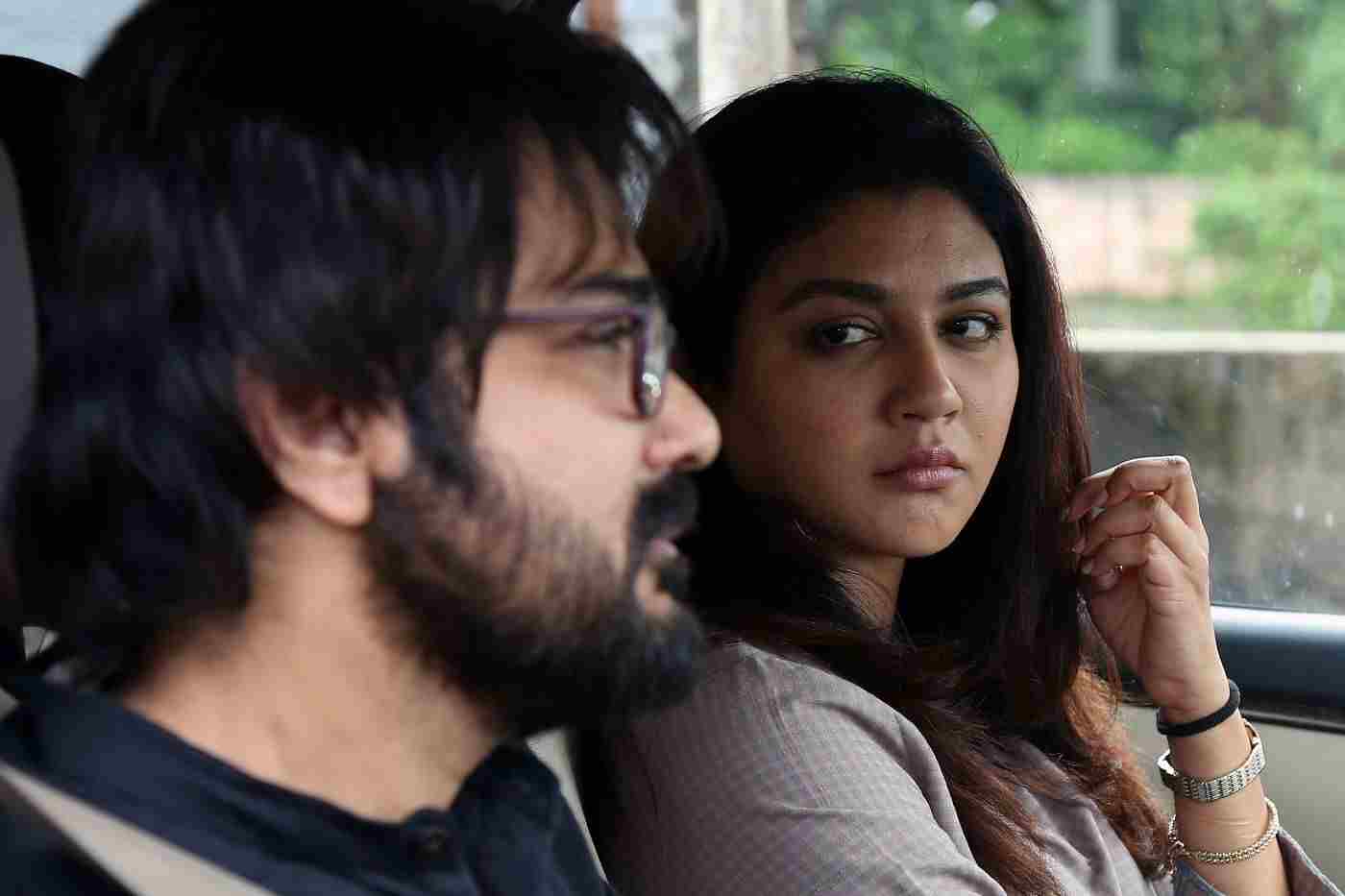Robibaar Review
Subscribe to read full article
This section is for paid subscribers only. Our subscription is only $37/- for one full year.
You get unlimited access to all paid section and features on the website with this subscription.
Not ready for a full subscription?
You can access this article for $2, and have it saved to your account for one year.
ROBIBAAR: IT HAPPENED ON A SUNDAY
Atanu Ghosh’s new film, an exploration of the human condition, is a richly rewarding experience
Cast: Prosenjit Chatterjee, Jaya Ahsan
Director: Atanu Ghosh
Shantanu Ray Chaudhuri
‘Bolo ki bolbo? … adalat, kichu bolbe ki erporo? / Jao aajibon oshanti bhog koro’ – Atanu Ghosh’s unsentimental take on relationships and their unpredictability in a contemporary urban landscape begins with this epigraph from a poem by Joy Goswami, ‘Ishwar o Premikar Songlaap’ (A Dialogue between God and the Lover). And if you reflect on it, the essence of Robibaar can be gleaned from these lines, and in keeping with the obscure nature of the words, the film-maker makes a brilliant choice in holding back almost as much, may be even more, than what he reveals.
The narrative unfolds over a Sunday – a day, as we learn from an announcer on the radio, when the rain, sun and clouds are playing hide-and-seek with each other. The narrative itself insists on doing the same so that at no time are you sure of what is to come next. The relative leisure and quietude that normally mark a Sunday allows the film-maker the leeway to probe into its protagonists’ motivations without rushing through and with large pockets of silence where the viewer is left to draw his own inference.
Sayani Sen (Jaya Ahsan) is a corporate lawyer putting the final touches to her book titled The Fraudulent Mind, a study of the psychology of a fraudster. Waking up from a nightmare – where she is rummaging through piles of letters, the beat of sonography machine – she steps out for breakfast, and runs into Asimava (Prosenjit), who we discover is a forger and fraudster. This becomes the fulcrum around which the film rotates, as the meeting sparks a journey down memory lane for both.
Thankfully, Atanu Ghosh does not spell it all out, neither does he wallow in sentimentality at the meeting of the lovers fifteen years later; rather, he leaves the narrative open, and time and again breaks it to provide a new insight into the relationship. Take, for example, the sequence involving the contract killer (with a ‘killer’ of an email account: supurilatkai@gmail.com) or the climactic sequence involving Sayani Sen’s colleague and a power of attorney that’s missing a key signature. The tangent the film takes with these digressions threw me off till I realized the grander design of the director.

This is a no-frills, bare-bone narrative whose primary pleasure lies in the fact that so little is said. For example, the sequence where Asimava gets down to unspooling a tape entangled in a cassette deck. To the casual eye, this has little bearing on the narrative and yet there is so much it says about Asimava, and even Sayani as she reacts to it with more than an element of sarcasm. Or think about why Sayani keeps Asimava company right through the day despite making it clear that she loathes it. She just does so, because that’s probably how human beings are wired. And towards the end, she also finds a ‘selfish’ motive, which is again typical of how a human being might rationalize events she has no control over.
The director punctuates the narrative not with explanatory dialogues but with music that either provides a sense of continuity to something that comes later on or changes the tenor of the sequence altogether. Consider the sequence where Sayani taunts Asimava about cheating at chess (violating the touch-move rule) and how it abruptly breaks into the sounds of a trumpet. Or how brilliantly the strains of the sitar at the end, when Sayani returns home, ties up with the background score when Asimava opens a box containing a sitar (given Atanu’s attention to detail we even glimpse a Debabrata Biswas CD and a Sasthi Brata paperback?) that Sayani may have played all those years ago. So that we have a sense of the day, if not life itself, having come full circle.


For the most part this is a two-character narrative and it helps that both Jaya Ahsan and Prosenjit Chatterjee are in top form. The latter in particular blows your mind away, in turn petulant, entitled, vulnerable, playing Sayani along at will – and yet, to his credit and to the director’s, never seeking the viewer’s sympathy. Jaya is a picture of serenity even as she is pulled along seemingly much against her wishes, and gets the exasperation with herself and Asimava just right.
After successfully exploring aspects of modern urban life in Ek Phali Rodh (2014) and Mayurakshi (2017), Atanu does one better with Robibaar. This is a film that demands your attention – not the kind that lends itself to lazy adjectives like lyrical, poetic, slow-moving (it is none of these) – and for viewers willing to invest in it, the pleasures are manifold.
Tags
About the Author
Shantanu Ray Chaudhuri is either an 'accidental' editor who strayed into publishing from a career in finance and accounts or an 'accidental' finance person who found his calling in publishing. He studied commerce and after about a decade in finance and accounts, he left it for good. He did a course in film, television and journalism from the Xavier's Institute of Mass Communication, Mumbai, after which he launched a film magazine of his own called Lights Camera Action. As executive editor at HarperCollins Publishers India, he helped launch what came to be regarded as the go-to cinema, music and culture list in Indian publishing. Books commissioned and edited by him have won the National Award for Best Book on Cinema and the MAMI (Mumbai Academy of Moving Images) Award for Best Writing on Cinema. He also commissioned and edited some of India's leading authors like Gulzar, Manu Joseph, Kiran Nagarkar, Arun Shourie and worked out co-pub arrangements with the Society for the Preservation of Satyajit Ray Archives, apart from publishing a number of first-time authors in cinema whose books went on to become best-sellers. In 2017, he was named Editor of the Year by the apex publishing body, Publishing Next. He has been a regular contributor to Anupama Chopra's online magazine Film Companion. He is also a published author, with two books to his credit: Whims – A Book of Poems (published by Writers Workshop) and Icons from Bollywood (published by Penguin Books).







.jpg)


